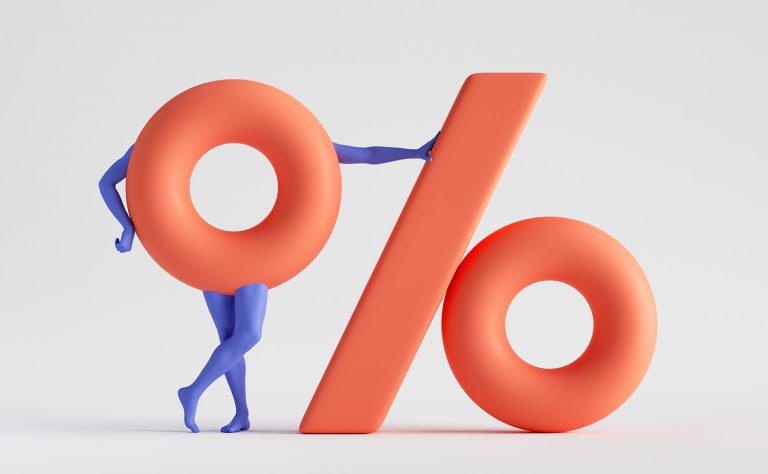Corporation Tax is a direct tax levied on the profits of limited companies, certain unincorporated associations, and foreign companies with a UK branch or office. In the United Kingdom, it plays a vital role in government revenue generation and the regulation of corporate finances.

- Our Mission
Through comprehensive planning we ensure that corporation tax is not overpaid.
Our expert advice ensures you remain compliant with your obligations.
Work with us to plan ahead for corporation tax.
- Our Capabilities
Overview - Corporation Tax
Corporation Tax Rates
The standard rate of Corporation Tax in the UK was 19% on profits. However, it's essential to check the current rate as tax rates can change over time.
Taxable Profits
Corporations are liable for Corporation Tax on their taxable profits. Taxable profits are the profits generated from trading activities, investments, and other income sources, after deducting allowable expenses.
Filing and Deadlines
Companies must calculate their Corporation Tax liability and submit a Corporation Tax return to HM Revenue and Customs (HMRC) annually. The deadline for filing the return is typically 12 months after the end of the company's accounting period.
Payment
Corporation Tax payments are also due to HMRC within a specific timeframe, which is typically nine months and one day after the end of the company's accounting period.
Tax Deductions and Allowances
Businesses can reduce their taxable profits by deducting allowable expenses, such as wages, rent, and business-related costs.
Some business activities and investments may qualify for tax allowances and deductions, such as Research and Development (R&D) tax credits or Capital Allowances on qualifying assets.
Groups and Losses
Group companies can be part of a group for Corporation Tax purposes, which allows the transfer of losses within the group to offset profits.
Companies can carry forward losses to offset against future profits, reducing their Corporation Tax liability.
Digital Reporting
Companies must use digital tools to maintain records and file Corporation Tax returns. The government's Making Tax Digital (MTD) initiative requires businesses to use compatible software for tax-related tasks.
- Our Capabilities
Why Using an Accountant for Corporation Tax is a Good Idea
Tax Compliance
Corporation Tax rules can be complex and subject to frequent changes. Accountants are well-versed in tax laws and regulations, ensuring that your business remains compliant with the latest requirements.
Tax Planning
Accountants can help businesses optimise their tax position, identifying legal deductions, allowances, and credits to minimise the overall Corporation Tax liability.
Accuracy
Accountants have the expertise to accurately calculate your company's taxable profits, ensuring that you don't underpay or overpay your Corporation Tax.
Deadlines and Filing
Accountants can manage all aspects of Corporation Tax filing, ensuring that deadlines are met, and returns are submitted correctly.
Risk Mitigation
Accountants can help identify potential tax risks and provide strategies to mitigate them, reducing the likelihood of HMRC investigations or penalties.
Financial Strategy
Accountants can provide valuable financial insights and strategic advice to help businesses make informed decisions related to taxes and financial management.
Corporation Tax in the UK is a complex tax that affects businesses of all sizes. Using an accountant’s services can provide numerous benefits, including tax optimisation, compliance, and expert guidance, allowing businesses to focus on their core operations while ensuring they meet their tax obligations efficiently and accurately.


